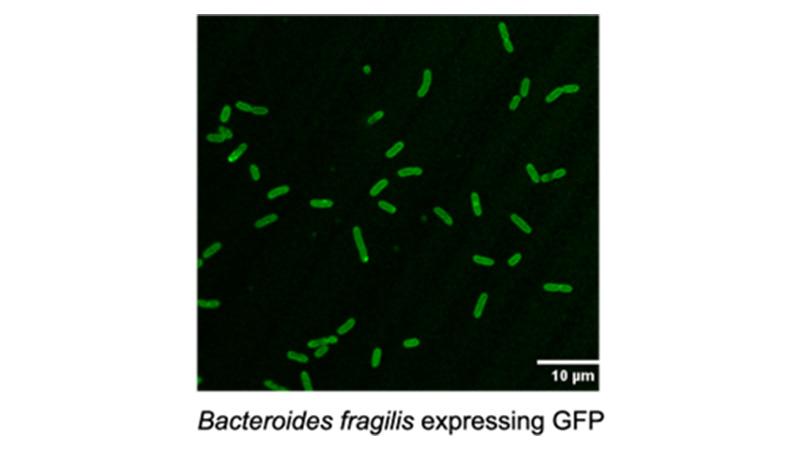February 5, 2025

Bacteroides are essential bacteria in the human gut, playing a crucial role in our overall health. These microorganisms offer numerous benefits to their hosts, contributing to digestion and immune function. In their quest for survival, Bacteroides species are involved in fierce competition, employing mechanisms to interact and assert dominance. Certain Bacteroides species have developed ways to inject toxins into rival cells, showcasing their adaptability.
A recent paper published in Science magazine by researcher Blanca Barquera, Ph.D., professor of biological sciences at Rensselaer Polytechnic Institute (RPI), sheds light on the complex interactions that a specific group of genes uses to inhibit these toxin-injection mechanisms. “The findings reveal how these molecular interactions are key in regulating the populations of Bacteroides in the human gut, ultimately highlighting their importance for maintaining a balanced microbiome,” Barquera said.
Computer analyses have revealed hundreds of mobile genetic elements shared between these species, yet little is known about the phenotypes they encode, their effects on fitness, or pleiotropic consequences for the recipient’s genome. Pleiotropic consequences are the results of a single gene or mutation affecting multiple phenotypic traits. These consequences can be beneficial or detrimental, and can impact the evolution of traits in a variety of ways.
Barquera’s research into the energy-generating processes of Bacteroides and their impact on our well-being holds the promise of significant advancements in human health. Her work has been supported by the National Institutes of Health's National Institute of Allergy and Infectious Diseases. The investigation was led by Professor Laurie Comstock ’87, Ph.D., of the Duchossois Family Institute at the University of Chicago.
Read the full paper.